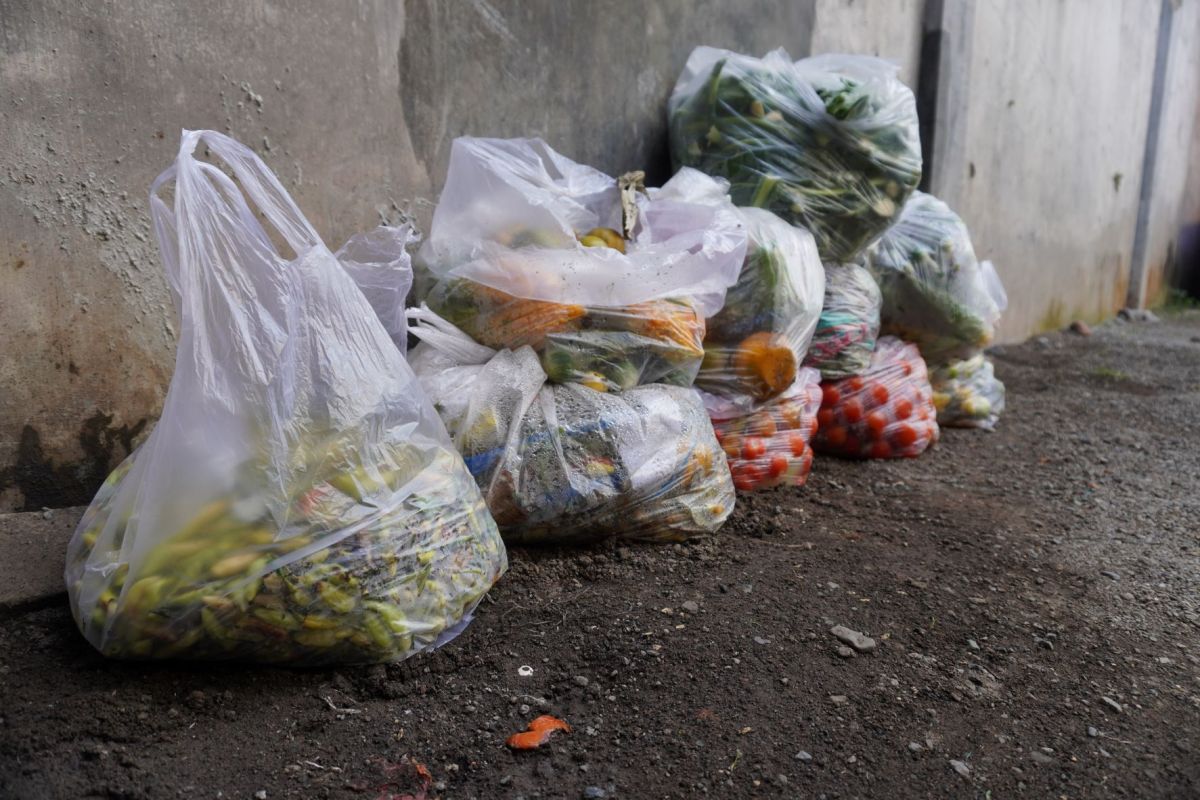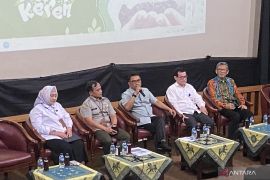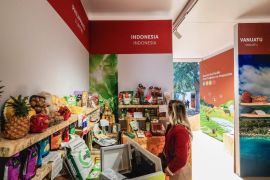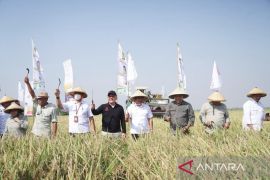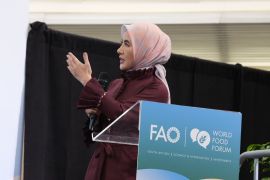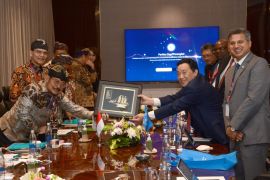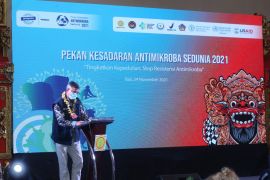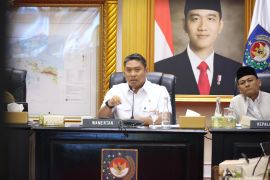Fruits and vegetables are the nutritious commodities that are lost and wasted the mostJakarta (ANTARA) - The Ministry of Agriculture cooperates with the United Nations' Food and Agriculture Organization (FAO) to examine causes of food loss and waste in Indonesia in which the most inefficient food category is fruit and vegetables.
"Fruits and vegetables are the nutritious commodities that are lost and wasted the most. We need to work together with various stakeholders to improve the situation and reduce food loss (and waste) in Indonesia," according to Retno Sri Hartati Mulyandari, Secretary of Directorate General of Horticulture, Ministry of Agriculture.
According to a report from the National Development Planning Agency (Bappenas) in 2021, food loss and waste in Indonesia reached 115-184 kilograms per capita per year, with the biggest waste occurring at the consumption stage during the last two decades, as noted by FAO Indonesia in a statement received here on Saturday.
Such figures cover food loss from production to wholesale and food waste from retail to households, the FAO stated.
According to the organization, the biggest generation loss has been found in crops, especially cereals. Meanwhile, the most inefficient food sector and category is fruit and vegetables.
Furthermore, economic losses due to food loss and waste in Indonesia is approximately Rp213 trillion up to Rp551 trillion (US$14.3 million up to US$36.99 million) per year or equivalent to four to five percent of Indonesia's gross domestic product (GDP).
In the Asia-Pacific region, almost half of the fruits and vegetables are wasted or lost even before they reach the consumers, the FAO stated.
"It is very important to understand the bottlenecks and pay-offs in the value chain in reducing food loss, especially for the selected perishable commodities, such as fruits and vegetables," FAO Representative in Indonesia Rajendra Aryal remarked.
Aryal drew attention to food loss results from wide-ranging managerial and technical limitations in harvesting techniques, storage, transportation, processing, cooling facilities, infrastructure, packaging and marketing systems.
Hence, the FAO will provide technical assistance to the Ministry of Agriculture to explore bottlenecks and pay-offs in reducing food loss in selected perishable horticulture commodities.
The study will focus on three selected commodities: chili in Banyuwangi, East Java; shallots in Brebes, Central Java; and cabbage in Cianjur, West Java.
The study, to be conducted from September 2022 to January 2023, aims at generating a better understanding of the critical loss points and solutions to address them -- for cabbage, shallot, and chilli -- from production up to the wholesale market.
Related news: Tourism Ministry, start-up company cooperate to suppress food waste
Related news: Economic problems can be addressed by handling food waste: Minister
Related news: Minister invites countries to undertake food loss, waste reduction
Reporter: Yuni Arisandy Sinaga
Editor: Sri Haryati
Copyright © ANTARA 2022
